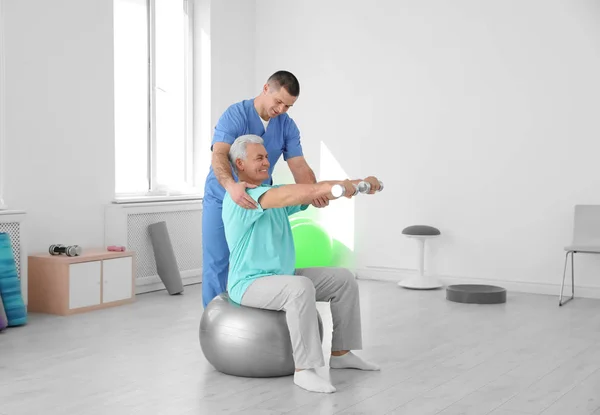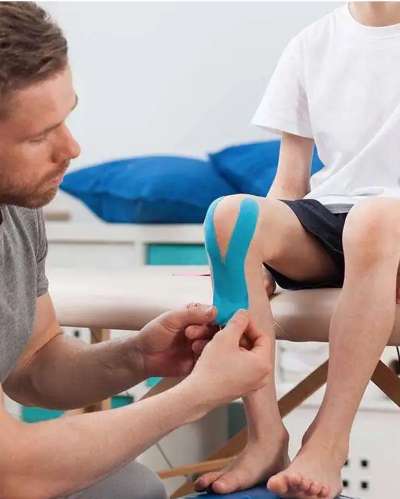You should consider seeing a doctor for back pain in the following situations:
- Severe Pain: If your back pain is severe and is not improving with rest or over-the-counter medications, it’s advisable to seek medical attention.
- Persistent Pain: If your back pain persists for more than a few weeks despite self-care measures, it’s important to consult with a healthcare professional.
- Pain After an Injury: If your back pain follows an injury, such as a fall or car accident, it’s crucial to seek medical evaluation to rule out serious conditions like fractures or soft tissue injuries.
- Radiating Pain: If the pain radiates down your leg or into your buttocks, it could be a sign of nerve compression or sciatica, and medical attention is warranted.
- Numbness or Tingling: If you experience numbness or tingling in the legs, feet, or other areas, it may indicate nerve involvement, and a doctor’s evaluation is needed.
- Weakness in Legs: If you notice weakness in your legs or difficulty walking, it’s a concerning symptom that requires prompt medical assessment.
- Bladder or Bowel Changes: If you experience changes in bowel or bladder function, such as difficulty controlling urine or stool, it may indicate a serious condition affecting the spinal cord, and immediate medical attention is necessary.
- Fever Accompanying Back Pain: If back pain is accompanied by fever, it could be a sign of an infection, and medical evaluation is essential.
- History of Cancer: If you have a history of cancer and experience new-onset back pain, especially if it’s persistent, it’s important to consult with a healthcare provider.
- Unexplained Weight Loss: If you are losing weight unintentionally and have back pain, it could be indicative of an underlying medical condition that requires investigation.
- History of Osteoporosis: Individuals with a history of osteoporosis or those at risk for fractures should seek medical attention if they experience back pain, as fractures are more common in this population.
- First Episode of Back Pain: If you are over 50 and experiencing back pain for the first time, it’s advisable to consult with a healthcare professional to rule out age-related conditions such as osteoporosis.
Remember that these guidelines are general, and individual circumstances may vary. If you are uncertain about whether to see a doctor for your back pain, it’s always best to consult with a healthcare professional who can provide personalized advice based on your specific situation.
Say goodbye to pain and discomfort with Dr. K.K. Mishra, your dedicated Physiotherapist in Kandivali.Our personalized approach focuses on your unique health goals. Ready to start your journey to a pain-free life? Schedule your appointment today and take the first step towards lasting relief.




